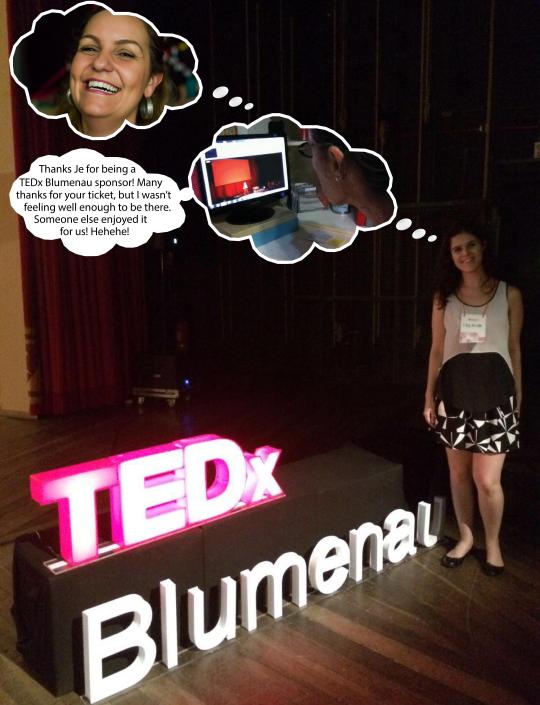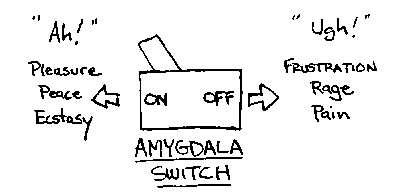Dr. Martin Luther King, Jr., in a 1968 speech where he reflects upon the Civil Rights Movement.
Clint Smith: The danger of silence | TED Talk | TED.com
“We spend so much time listening to the things people are saying, that we rarely pay attention to the things they don’t,” says poet and teacher Clint Smith. A short, powerful piece from the heart, about finding the courage to speak up against ignorance and injustice.
Don’t miss it! In these times of political, economic and emotional turmoil, watch this awesome talk with English or Portuguese subtitles here!






